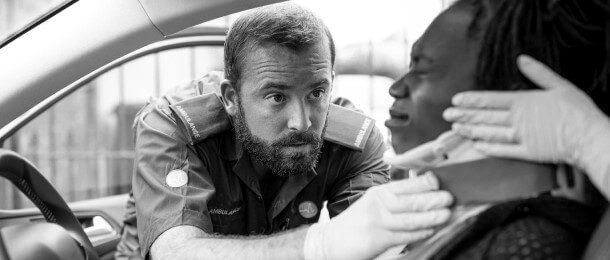Why SEO is not a “set it and forget it” strategy for law firms
When you work with a reputable agency like dNovo Group to optimize your law firm website, expect your traffic to...

As the host, you may owe a duty of care under two distinct legal concepts, known as occupiers’ liability and social host liability. In short, occupiers’ liability deals with your responsibility to ensure that your premises is in good repair and free from hazards. Keep in mind that otherwise innocuous items may become hazards when alcohol is being consumed. Social host liability, on the other hand, deals with your responsibility to take precautions to prevent your guests from drinking and driving and injuring third parties. You should have a system in place to ensure that your guests do not drive if they are intoxicated.
As a property owner/occupier (defined as a person with possession of a property, or control and responsibility over the activities that occur on a property), you have an obligation to keep your property in a good state of repair and free from hazards. A failure to maintain safe conditions on your property may leave you vulnerable to being sued under Ontario’s Occupiers’ Liability Act (the “Act”). The duty of care is defined under the Act and explains the legal responsibilities that occupiers owe to their guests. Under the Act, an occupier must take reasonable care to ensure that people on the premises will be reasonably safe. When deciding what is “reasonable”, the Courts consider: the condition of the premises, the activities occurring on the premises, and the conduct of third parties on the premises. Where alcohol is being served, additional precautions are required. Therefore, managing your legal responsibility includes being aware of any hazards on the premises, limiting your party to a safe and manageable size, and monitoring the conduct of your partygoers. The standard is that of a reasonable host, meaning that while you are not held to a standard of perfection, you must take care to avoid obvious risks.
Defining the extent of a social host’s duty of care to third parties is a challenging one, and the law is still developing in this area. Through various decisions, the Courts have attempted to balance the competing interests of protecting innocent third parties, and ensuring that social hosts are not held responsible for unforeseeable risks. The leading case on social host liability is Childs v Desormeaux (2006 SCC 18). In this case, a known alcoholic attended the Defendant’s “bring your own beer” party, where he consumed alcohol and later left the party driving a motor vehicle. After leaving the party, he was involved in a motor vehicle accident, killing one person and seriously injuring another. A civil lawsuit was brought against the host of the party, alleging that the host failed to prevent their intoxicated guest from driving. The outcome of this decision rested on whether a party host, who in this case did not serve alcohol at their party, could be held responsible for injuries caused to an individual that did not attend the party. The Supreme Court of Canada concluded that the hosts did not assume control over the service of alcohol, nor did they knowingly serve alcohol to someone they knew was impaired, and accordingly, found no liability on the hosts. Despite this finding, the Supreme Court acknowledged that a finding of liability against a social host could be possible in the right circumstances, for instance if alcohol was served to an impaired guest who was then allowed to drive from the party.
Given the above, it is clear that occupiers’ liability and social host liability must be taken into account when planning a party. Ultimately, liability will be determined on a case by case basis, however, the following general guidelines, while not exhaustive, can be implemented to promote safety at your party:
By implementing the above tips, you can help prevent needless accidents and protect yourself from potential liability. Please party safely! If you have any questions about a potential occupiers’ liability or social host liability case, don’t hesitate to contact Grillo Law for a free consultation.

Blog
When you work with a reputable agency like dNovo Group to optimize your law firm website, expect your traffic to...
Examination for discovery is a critical and important part of the litigation process. At an examination for discovery parties will...
by Stefanie PereiraHow Car Accident Tort Settlements Work in Ontario Fact scenario: Mrs. A is a 63 year old woman living in...
by Moussa Sabzehghabaei
Request a free consultation!
Call us today for a FREE consultation regarding your accident benefits claim.
Call: +1 855-225-5725
You will not pay any fees
until your case is won or settled
REQUEST A FREE CONSULTATION!
You will not pay any fees until your case is won or settled.
Thank you!
Amet minim mollit non deserunt ullamco est sit aliqua dolor do amet sint. Velit officia consequat duis enim velit mollit.